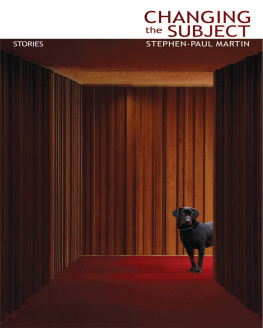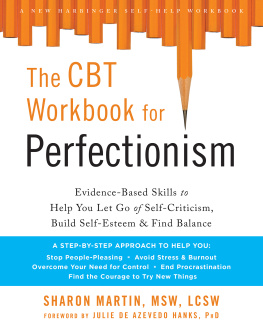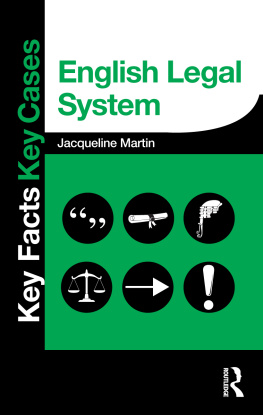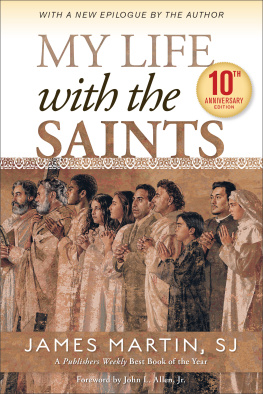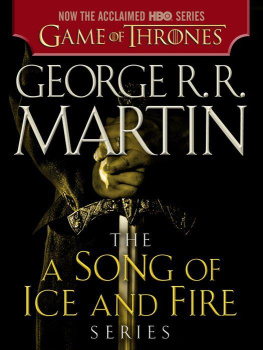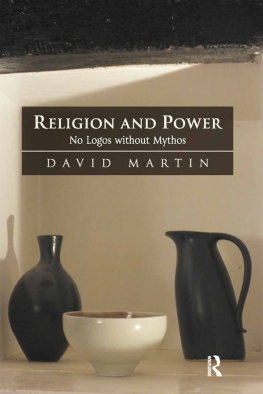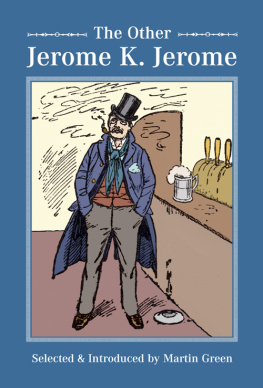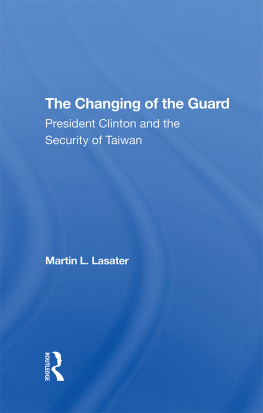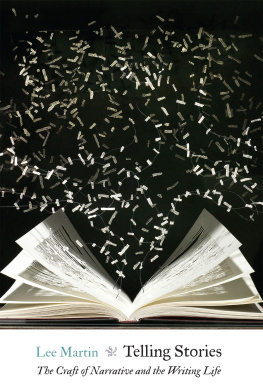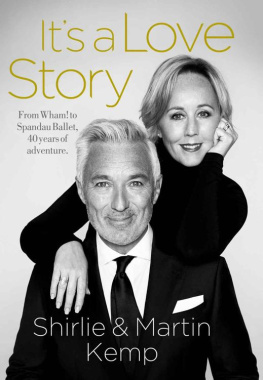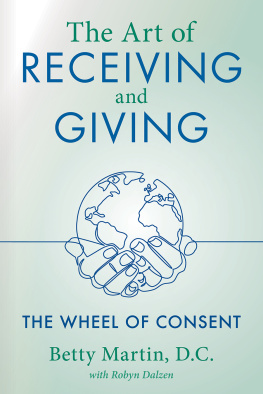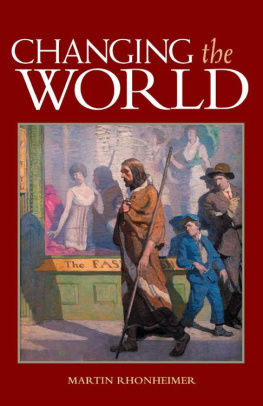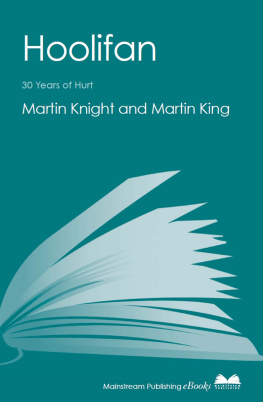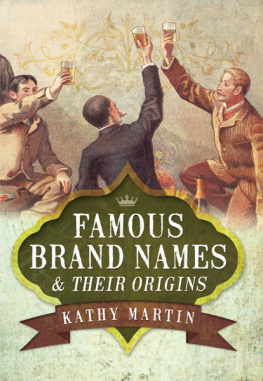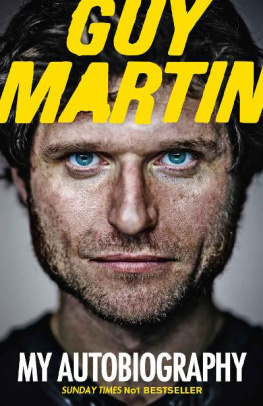Martin - Changing the Subject
Here you can read online Martin - Changing the Subject full text of the book (entire story) in english for free. Download pdf and epub, get meaning, cover and reviews about this ebook. year: 2010, publisher: Dzanc Books, genre: Detective and thriller. Description of the work, (preface) as well as reviews are available. Best literature library LitArk.com created for fans of good reading and offers a wide selection of genres:
Romance novel
Science fiction
Adventure
Detective
Science
History
Home and family
Prose
Art
Politics
Computer
Non-fiction
Religion
Business
Children
Humor
Choose a favorite category and find really read worthwhile books. Enjoy immersion in the world of imagination, feel the emotions of the characters or learn something new for yourself, make an fascinating discovery.
- Book:Changing the Subject
- Author:
- Publisher:Dzanc Books
- Genre:
- Year:2010
- Rating:3 / 5
- Favourites:Add to favourites
- Your mark:
- 60
- 1
- 2
- 3
- 4
- 5
Changing the Subject: summary, description and annotation
We offer to read an annotation, description, summary or preface (depends on what the author of the book "Changing the Subject" wrote himself). If you haven't found the necessary information about the book — write in the comments, we will try to find it.
Stephen-Paul Martin has been called one of our great deadpan humorists, by Eric Basso and North Americas foremost master of the short story by Vernon Frazer. Marjorie Perloff has described his writing as wildly comic, and Fanny Howe has called his stories magnificent and entertaining. In CHANGING THE SUBJECT Martin once again deforms traditional notions of the story, giving us beautifully digressive revenge-fantasies, hysterical moral tales, and his singular, uncanny brand of the shaggy dog yarn
Changing the Subject — read online for free the complete book (whole text) full work
Below is the text of the book, divided by pages. System saving the place of the last page read, allows you to conveniently read the book "Changing the Subject" online for free, without having to search again every time where you left off. Put a bookmark, and you can go to the page where you finished reading at any time.
Font size:
Interval:
Bookmark:
CHANGING THE SUBJECT
CHANGING the SUBJECT
STORIES BY
STEPHEN-PAUL MARTIN
Safety Somewhere Else and Cell originally appeared, with different titles and in slightly different form, in Fiction International; The Health of the Nation and Stopping appeared in the Western Humanities Review; Stopping also appeared in Big Bridge and Rougarou; Food was originally published in Harp & Altar; Food has also appeared in the &NOW Anthology (best innovative writing 2004-2009, published by Lake Forest College Press, 2009) and in The Harp & Altar Anthology. Safety Somewhere Else (2008) and The Health of the Nation (2006) appeared in the Obscure Publications chapbook series.
Thanks to Corey Frost and Eugene Lim for their careful and perceptive editing attention. Thanks to Mel Freilicher and Harold Jaffe for reading and responding to earlier versions of these stories.
Copyright 2010 Stephen-Paul Martin
ISBN 978-1-940400-00-6
Library of Congress Control Number: 2010927504
ellipsis press
www.ellipsispress.com
Jackson Heights, New York
Book design by Corey Frost.
ALSO BY STEPHEN-PAUL MARTIN
FICTION
Safety Somewhere Else
The Possibility of Music
Apparently
A New Kind of Happiness
Instead of Confusion
Collapsing into a Story
Pictures of Nothing
Gaps in the System
Not Quite Fiction
Undeserved Reputations
Fear & Philosophy
The Gothic Twilight
The Flood
Crisis of Representation
Tales
POETRY
Invading Reagan
ADVANCINGreceding
Corona 2500
Things
Until It Changes
Edges
NON-FICTION
Open Form and the Feminine Imagination
CHANGING THE SUBJECT
The greatest mistake of all time took place thousands of years ago, when God let Noahs family survive the flood. Gods plan was to start a new human race with a man he thought he could trust, but the limits of Noahs moral awareness were obvious right from the start. No sooner had Gods rainbow vanished into the clouds than Noah was getting drunk and cursing his grandson, declaring that Canaans descendantsone-third of the future human racewould be the lowest of slaves, a monstrous over-reaction that would have tragic consequences for countless generations of innocent people. Clearly, Noah wasnt the man God thought he was.
If God had been smart, only non-human animals would have been on the ark. The human race would not have survived and gone on to destroy and/or mistreat all other creatures. Instead, God made a point of encouraging human domination, assuring Noah that the fear of you and the dread of you shall be upon every beast of the earth. Why was someone as crazy as Noah given such ominous power? Why were all the animals put in such a compromised position? Had the beasts of the earth really done anything wrong?
History has consistently shown how cruel our species can be to other animals, even those weve domesticated. We call dogs our best friends, but think of the horrible treatment they often receive. Ive had dogs all my life, and I know they can be great companions. So when I think about the disgusting things that happen to them in research labs, I go out of my way to set things right, especially when the crime hits close to home. The most extreme example of this took place twenty-five years ago in New York, when my friend Karl was living with his dog, a beagle he called the Buddha, in a basement apartment a few blocks south of Canal Street.
Karl woke one night at half past one with a ruptured appendix. He almost didnt make it to the emergency room. Other complications developed after the surgery, and he had to stay in the hospital for a month. His next-door neighbor was willing to feed the Buddha, but Karls problems went beyond immediate care for his dog. He had no health insurance. Whatever he had in the bank was needed to pay his medical bills, leaving him with nothing to pay his rent. He was already three months behind, and the landlord lost his patience. He called the Salvation Army and had Karls furniture taken away. He put an ad in the paper and got a new tenant the following day. By the time Karls neighbor got home from work that night, there was no dog to feed. The landlord had taken the Buddha to the dog pound, which kept him forty-eight hours, then gave him to a medical research lab.
If Id been in New York at the time, I would have tried to help out. At the very least, I could have saved the Buddha from the lab. But I was on tour with Karls two other close friends, Charlie and Stu. Our band was in Japan, then Germany and Sweden, places where the cutting-edge music wed learned to play had caught on quite nicely, though in the States people thought we sounded like stray dogs howling at the moon. The tour was fun, especially off stage, and we came home eager to tell Karl about all the wild things wed done and seen, only to find him hospitalized and homeless.
When Karl finally got out, each of us offered him a place to stay. But he wanted a place of his own, so we gave him money to rent a room at the YMCA. Then he went to the animal shelter to look for the Buddha. The receptionist was all smiles and friendly phrases. She searched her records and told him that the dog had never been there. But Karl had an ex-girlfriend who worked at the shelter, and though he didnt really want to talk to hershed left him for another man six months beforehe needed someone who knew how to get around the official cover-ups and denials. Two days later, she knew the truth. She tried to protect Karls feelings, making up a story about a freak accident at the lab, but hed heard her lie before and he knew how to make her tell the truth. She finally admitted that the Buddhas eyes had been surgically removed as part of an experiment. Then the doctor had put him to sleep.
When Karl came over that night he was more upset than Id ever seen him. Hed taken the Buddha off the street as a puppy five years before, claiming that the dog had approached him as a messenger from the universe. I didnt believe in messages from the universe, but over time it was clear that the Buddha was making a positive difference. Karl was becoming a better person, more dependable and sensitive than hed been before. The dog was the center of Karls life. Lovers and friends had come and gone, but the Buddha was always waiting for him to come home from work at night, greeting him at the door with eager eyes, wagging his tail. Theyd played in Battery Park each morning before the sun came up. Theyd taken trips all over the nation when Karls van was still running. The thought of someone cutting out the Buddhas eyes filled Karl with hate. It filled me with hate. It filled Stu and Charlie with hate when we called and told them. Wed all known the Buddha for years. Wed cuddled and played with him many times. We agreed that we had to find the doctor from the lab and make him pay. And not just financially.
Working through Karls ex-girlfriend the next day, we found out who the doctor was and where he lived in Forest Hills. We drove to his house at midnight in Stus old Chevy Impala. We picked the back-door lock, ripped the doctor out of bed, ignored the confused cries of his wife beside him, slammed him against the wall and knocked him unconscious, took his glasses from the dresser and squashed them into the floorboards, grabbed his wallet from the nightstand, dragged him into the kitchen, shoved him down an old wooden staircase into the basement, tied him tightly to a rotting support beam, tied his wife and two young daughters to folding chairs we found beneath the staircase.
The daughters were dazed and terrified. Their mother tried to make it seem that things werent as bad as they looked. She smiled at them and talked to us in a calm familiar voice. But Karl cut her off with what sounded like a prepared announcement: Please forgive us for waking you up. Were not common criminals. Our visit here tonight is scientific in nature. My colleagues and I are concerned with the problem of blindness, not just in human beings, but throughout the animal kingdom. Our investigations have convinced us that blindness in animals can only be addressed by working with human subjects. We need to study human eyes, and what would be more appropriate than to study the trained eyes of a great scientist, the very same eyes that have studied the eyes of so many helpless animals. Through countless experiments, the doctor here has established the importanceindeed, the necessityof surgically removing the eyes of his experimental subjects. Tonight this same necessity will be applied to the doctor himself!
Next pageFont size:
Interval:
Bookmark:
Similar books «Changing the Subject»
Look at similar books to Changing the Subject. We have selected literature similar in name and meaning in the hope of providing readers with more options to find new, interesting, not yet read works.
Discussion, reviews of the book Changing the Subject and just readers' own opinions. Leave your comments, write what you think about the work, its meaning or the main characters. Specify what exactly you liked and what you didn't like, and why you think so.

